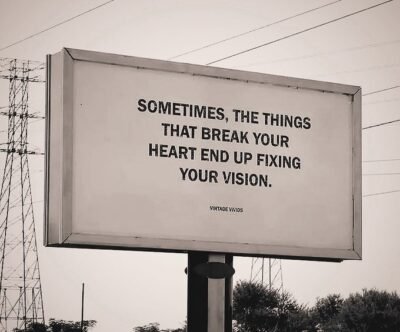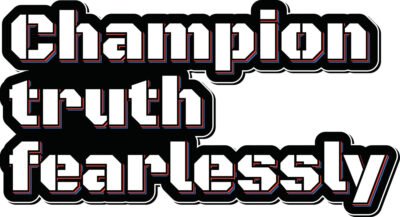The term “identity politics” has become almost like a lightning rod in modern conversation. But beneath the noise, the resistance to it reveals a deep
 The term “identity politics” has become almost like a lightning rod in modern conversation. But beneath the noise, the resistance to it reveals a deeper tension: people’s discomfort with whose stories and needs get centered.
The term “identity politics” has become almost like a lightning rod in modern conversation. But beneath the noise, the resistance to it reveals a deeper tension: people’s discomfort with whose stories and needs get centered.
🌍 1. The Language Got Distorted
Originally, identity politics wasn’t about exclusion or division — it came from the Combahee River Collective, a group of Black feminist thinkers in the 1970s.
They used the term to mean: “We speak from our lived experience because systems have ignored it.”
But as the term entered mainstream debate, it was intentionally rebranded or maybe just misunderstood to mean “favoritism,” “division,” or “personal grievance.”
That distortion allowed those in power to dismiss legitimate calls for justice as self-centered or divisive. Like DEI, Some people who stood against it were actually intended beneficiaries.
🪞 2. It Holds Up a Mirror — and People Don’t Like the Reflection
Talking about race, gender, disability, or class forces society to look at how privilege works.
Some people experience that as a personal attack rather than an invitation to awareness.
It’s uncomfortable to realize you may benefit from an unfair system.
It’s even more uncomfortable when those naming it refuse to do so gently or invisibly. Truth hurts.
⚖️ 3. People Want to Believe in Meritocracy
Many want to believe we live in a fair world where hard work leads to success.
It is what some were taught since childhood.
But identity politics disrupts that myth by exposing barriers others face no matter how hard they work. You learn that other children were being taught different lessons. The lessons you were taught and plus other lessons.
When you name that -Indigenous persons, Black people, people of different faiths, people who speak other languages, people who may look different, poor people, women, or disabled persons, – face systemic disadvantages, it challenges deeply held ideas of fairness — so rather than confront that truth, people label it “divisive.”
💬 4. Some Leaders Use the Term to Silence Accountability
Political and corporate leaders often weaponize “anti–identity politics” rhetoric to protect power.
They’ll say, “Let’s focus on unity,” but what they really mean is “Stop bringing up inequality.”
This keeps conversations “polite,” but also keeps injustice intact.
Silence, under the guise of neutrality, protects the status quo.
🧩 5. There’s a Real Fear of Fragmentation — and That Fear Is Understandable
Some people genuinely fear that focusing on identities will divide movements that need solidarity. Their understanding of how to work together if everyone isn’t operating in “sameness” is limited.
together if everyone isn’t operating in “sameness” is limited.
Solidarity doesn’t mean sameness. It means working together while honoring differences.
The problem isn’t people naming their specific struggles — it’s when power refuses to listen.
We are incapable of putting an end to change. Therefore, we must step up and meet the real challenges that individuals, families, and communities face.
🔥 6. Identity Is the Lens Through Which Oppression Operates
Ignoring identity doesn’t make oppression disappear.
It just hides where it’s happening.
Race, gender, class, and disability are not distractions from the “real issues” — they are the real issues for billions of people.
To reject identity politics is often to reject the very data of human experience that proves inequality exists.
✨ In essence:
People who reject identity politics often mean:
“I’m tired of hearing about pain I don’t feel.”
But true progress begins when we see that naming specific harm is not divisive — it’s diagnostic.
You can’t heal what you refuse to identify.
FYI: People already know that even if they don’t tell you. They just carry on because they need their energy to survive.